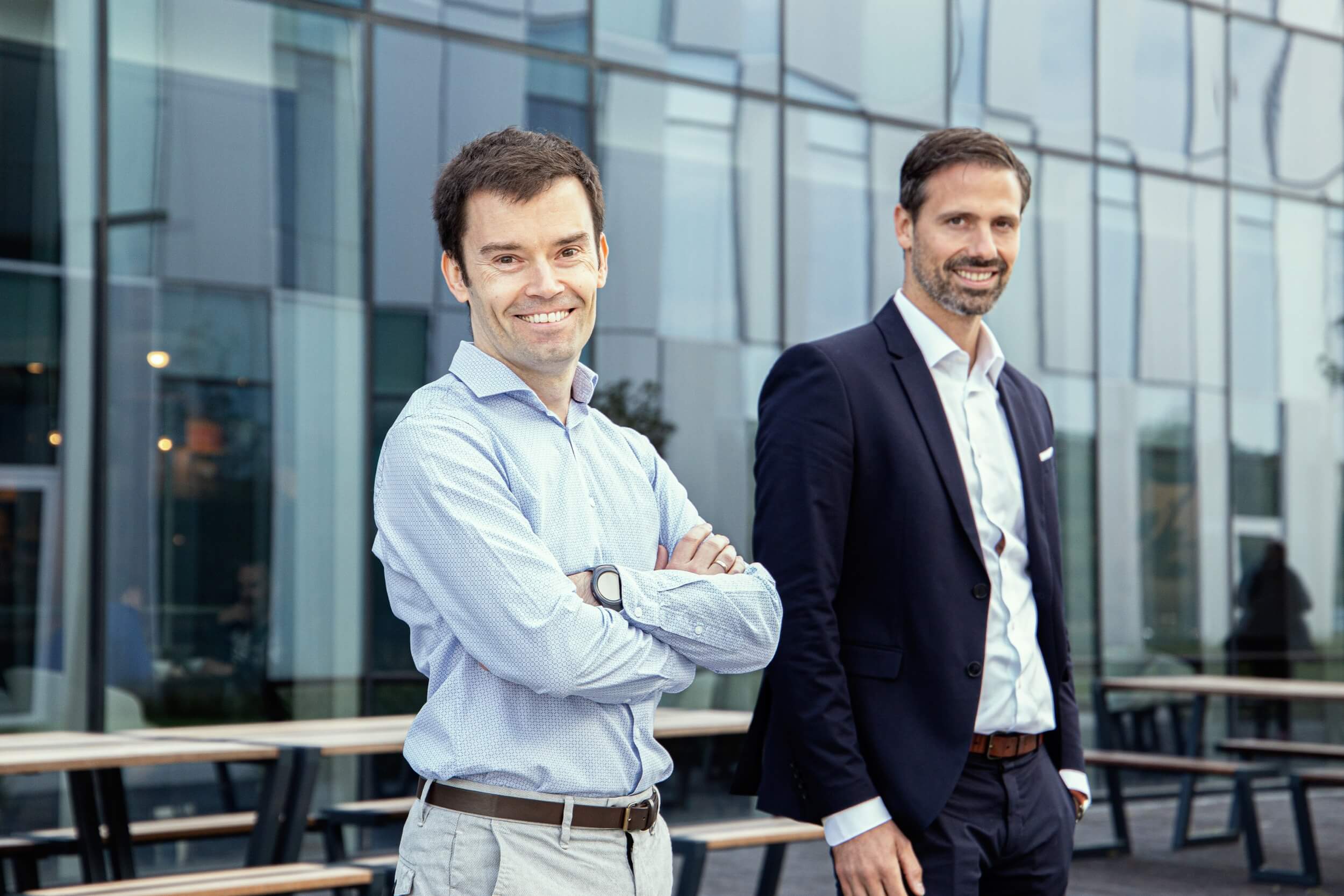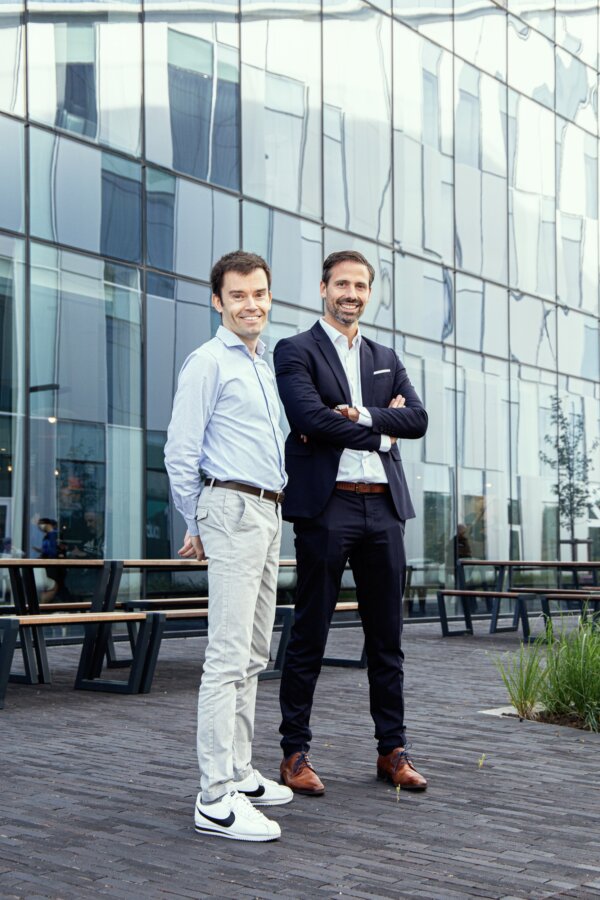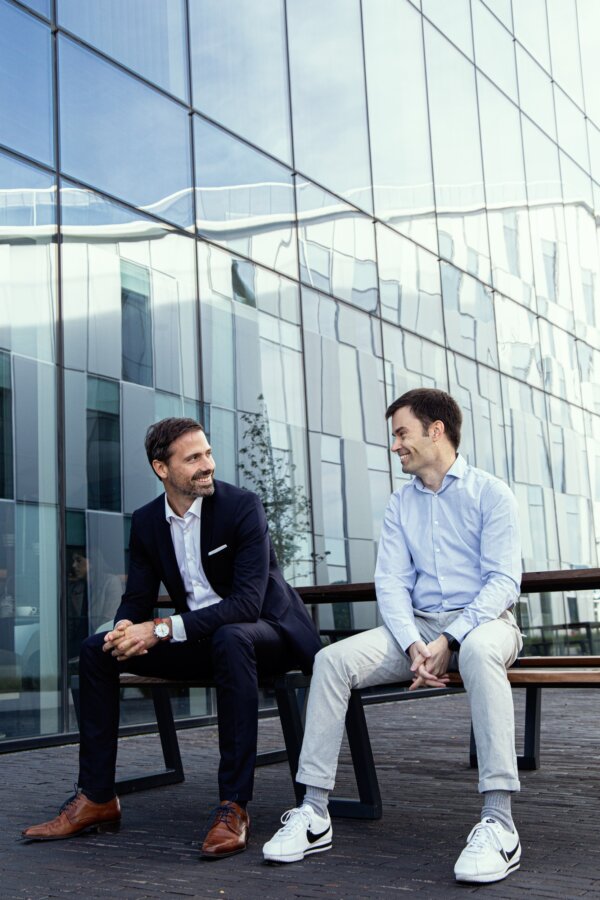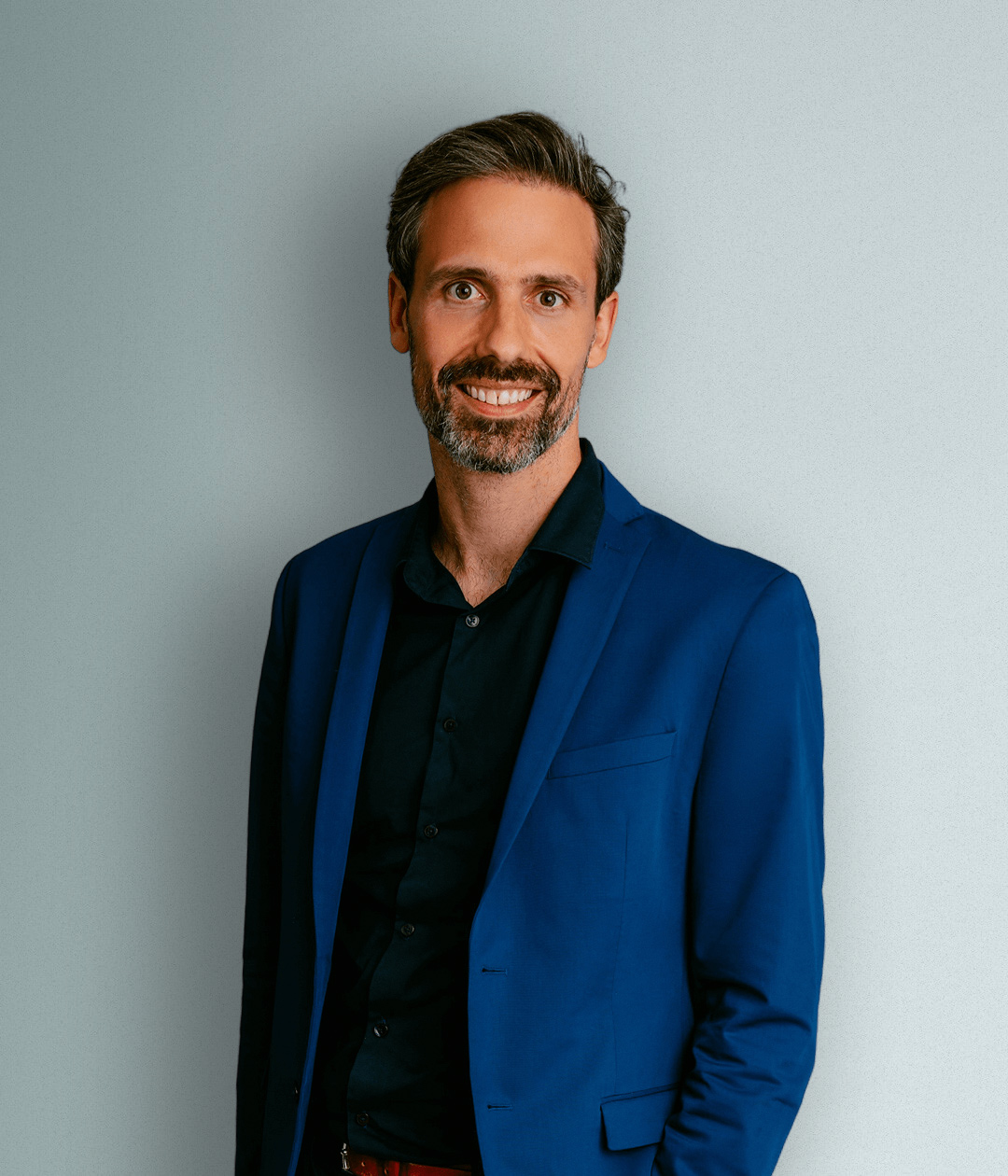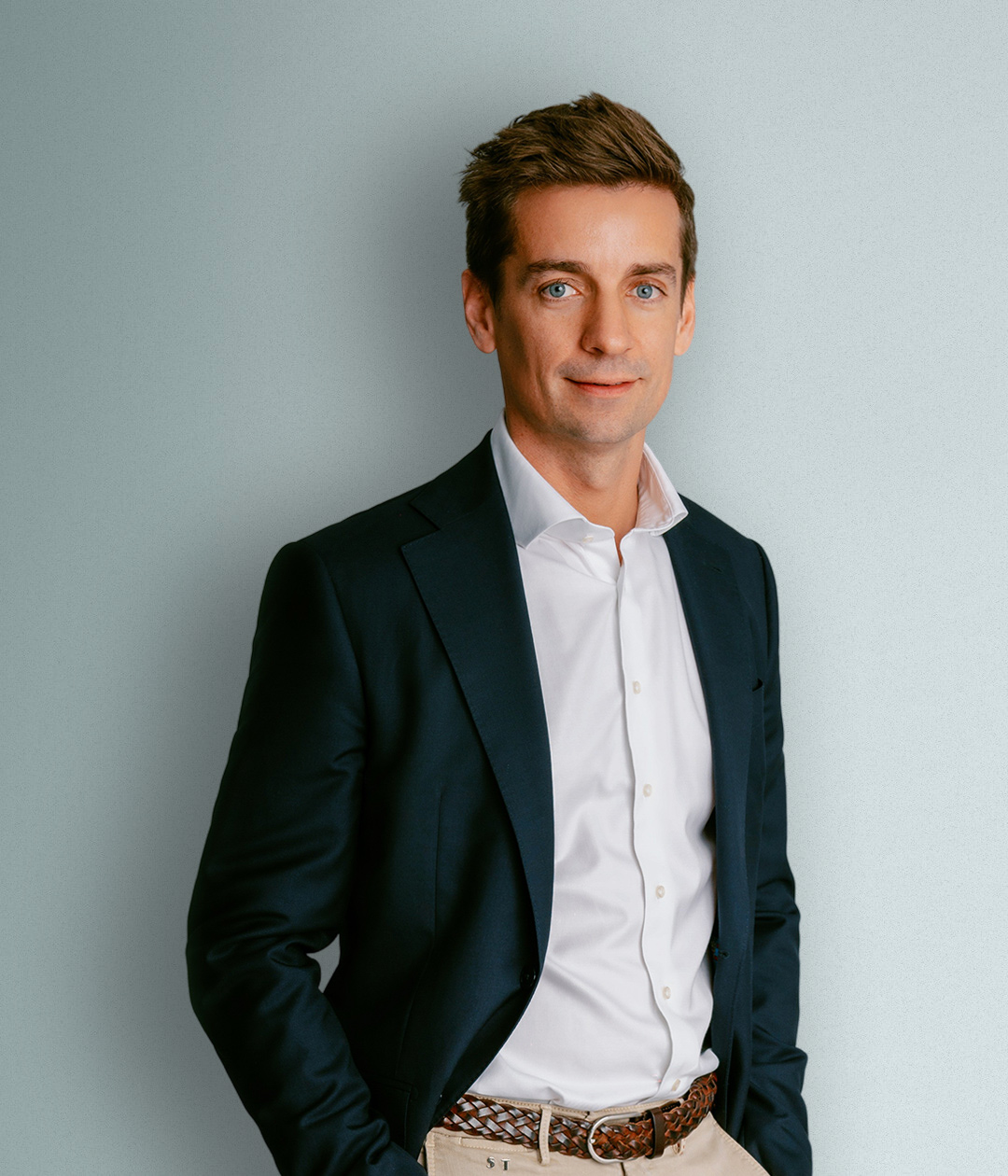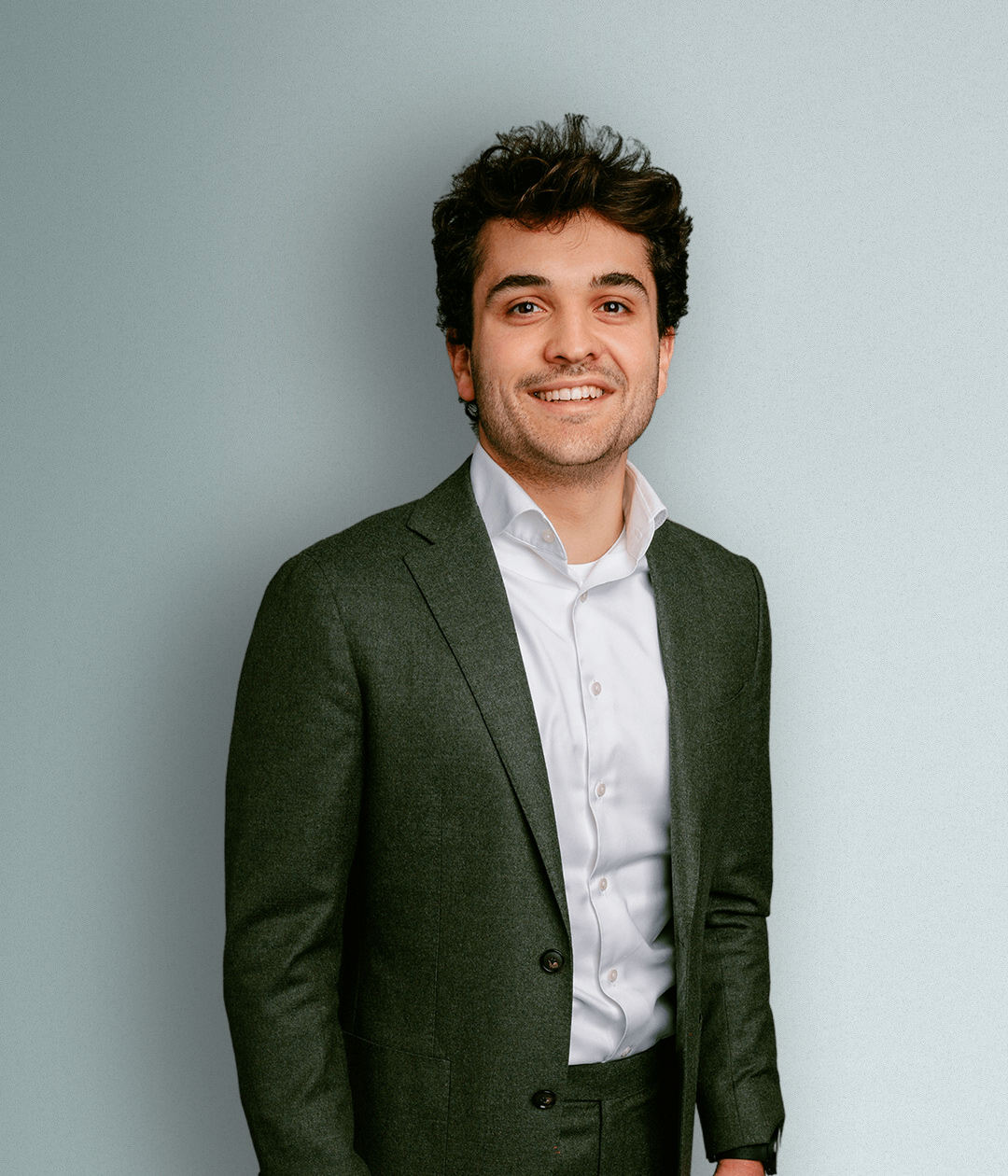Maxime, supported by the Monard Law team of experts, grew into a strategic sounding board and confidential advisor for all parties involved. And this position came in handy three years later in the negotiations and sale of Mimesys to the American Magic Leap.
The story of Mimesys is not only a strong example of entrepreneurship in the Belgian tech sector; the project also shows the impact that a strongly involved legal partner can have on entrepreneurs.
Hello David, Hello Maxime. How did you two get to know each other?
Davy: “We didn’t know each other before our collaboration. It was one of my contacts from Mobile Vikings who introduced me to Maxime. He had worked with Monard Law before and really trusts him.”
How would you describe the collaboration?
Maxime: “It was actually a very intensive collaboration. In 3.5 years we have achieved a very nice trajectory with Mimesys: from their first days as a start-up to the final sale to the American Magic Leap.
Maxime: “Mimesys is a great example of Belgian entrepreneurship.”
Davy: “Monard Law has actually been more than just a legal partner. Because they knew our business well and were involved right from the start, they were also able to provide strategic and financial insights. They quickly became my sounding board for all business and legal questions.
After the start-up in 2015, you quickly had a first investment round. How did that process go?
Davy: “It was a great added value for us that Monard Law already had a relationship with each of the investors. As a result, the investors allowed Maxime to supervise the investment round as an objective intermediary. That is a huge advantage: it simplifies and speeds up negotiations.”
And Monard Law has also been able to maintain that role throughout the entire process, is that correct?
Maxime: “That’s right. I also remained the point of contact for the eventual sale of Mimesys to Magic Leap. So I served the interests of Mimesys and their various financiers. This is at times a delicate balancing act. After all, we had the task of defending the interests of all those involved as well as possible. It naturally makes your negotiating position stronger if you sit at the table with one clear voice from Mimesys. That was a great challenge.”
How did you handle that responsibility?
Maxime: “For such a versatile role, our experience came in handy. Because there always comes a point where the interests of the different parties are conflicting. No matter how much the investors are committed to the company, the financial part is of course the most important. However, the founders mainly think about the future of their product. And sometimes – as in any professional marriage – there are differences of opinion between the founders themselves.”
Davy: “I was able to continue to focus on my business”
Dave: “Exactly! That’s when Maxime ensured a strong interaction between myself, my partners and our investors. The interaction went so well that the investors in Mimesys looked beyond just the financial part. They were just as concerned with the future of our company as we are.”
How do you look back on the eventual sale to Magic Leap?
Davy: “As far as the sales negotiations go, I can actually be very brief: Monard Law has been able to position Mimesys very well. Thanks to their thorough experience in the role as a negotiator, I dared to trust them completely. I could really just keep focusing on my business.”
Maxime: “The negotiations were a major challenge for us. Because on the one hand there was the cultural difference between us and the Americans, but on the other there was also the huge difference in size. Mimesys is a small start-up; Magic Leap is a technology giant with 1,500 employees that is also financed by very big companies.
To give you an idea: I regularly had to negotiate with more than ten people on the other side of the (virtual) table. That was very challenging, but I think we can say that we held up very well. Our teamwork within Monard Law is crucial in this respect, I did not do it alone.”
Is the cultural difference between Europe and America that big?
Maxime: “Yes, it is. Americans are much more direct, they sometimes dare to be very ‘blunt’. You have to know that in advance, because that’s just part of it. I myself studied in the United States for 1.5 years and we have already supervised a lot of international deals at Monard Law, so we know how to deal with it. You should certainly not underestimate these cultural differences.
I once experienced a case where, after months of negotiations, the deal suddenly fell through because one (American) party in the margins asked a question that was absolutely not done for the other party. While that question was very common for one party, it caused a breach of confidence in the other. That’s a shame. We play an important role there as an intermediary, we take care of that translation so that everything is always well framed for all parties involved.”
Did you also work together between the investment round and the final sale?
Dave: “Yeah. What was very important there was protecting our software during contract negotiations with major customers. Because our VR software is usually purchased by large corporates, we have to come to an agreement with their procurement department. This concerns very large documents that we have been able to entrust entirely to Monard Law. They find the right balance between conforming and protecting.”
How would you actually compare each other’s character?
Davy: “I think Maxime is more outgoing than me. I’m a developer, I work with technology every day. While Maxime is good at keeping the overview. We are actually quite different from each other, but we still found each other.”
Davy: “If you are not a trained negotiator, a partner like Monard Law is a gift”
Maxime: “That’s right. Davy is a super engineer. I was able to support him with my people skills and experience in negotiating. And my legal knowledge of course.”
Davy, you once said you weren’t a real entrepreneurial type. How do you look back on that now?
Davy: “I don’t like to call myself a real entrepreneur. But I have to admit, when we look back on this project, we did write a nice story with Mimesys. In this way we became a good example of Belgian entrepreneurship.”
Maxime: “Davy is definitely a real entrepreneur. He is far too modest. He has a very clear vision and has dared to jump at any time, you need a lot of guts for that. Few words, but a massive amount of decisiveness. Just look where they are now, after three and a half years. For me, that makes them an example of good entrepreneurship in the Belgian technology sector.”
—
The multidisciplinary Monard Law team
Due to the unique composition of Monard Law, they can use different specific skills for each project.
- First point of contact and strategic advisor: Maxime Monard
- Intellectual Property and IT contracts: Kristof Zadora
- Sales: Max Theyskens and Andries Bots
